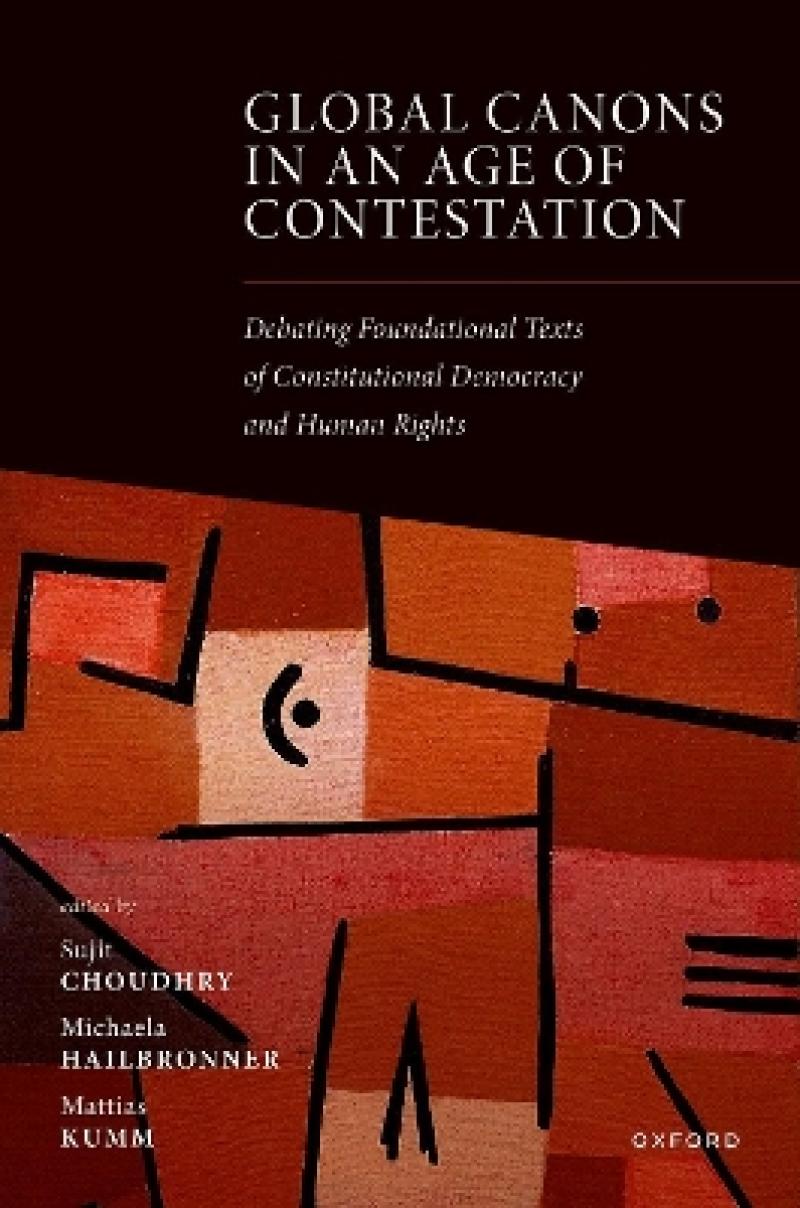This is a unique and invaluable collection for anyone who wants a map to navigate the complexities of comparative constitutional law. Increasingly, judges and lawyers around the world have turned to other jurisdictions for added perspectives on how best to engage in the evolutionary enterprise of democratic constitutionalism. These essays explain brilliantly why and how that is happening.
Rosalie Silverman Abella, Samuel and Judith Pisar Visiting Professor of Law, Harvard Law School and Former Justice, Supreme Court of Canada
Does comparative constitutional law need a canon? This provocative collection of essays from a diverse set of insightful scholars cautiously argues that it does. It also undertakes the ambitious task of identifying a tentative canon (and an anti-canon) on a broad set of topics. It does so with an exemplary self-awareness of the risks that beset the enterprise, especially the risk of boosting the gravitational pull of constitutional practice of the United States. Even sceptical readers will find this agenda-setting volume edifying. Its chief contribution is likely to be to force scholars of comparative constitutional law to confront some very awkward, but fundamental, questions about the evolving shape of our still nascent field.
Tarun Khaitan, Professor (Chair) of Public Law, LSE Law School and an Honorary Professorial Fellow, Melbourne Law School
In creating this volume on the role of canons in comparative constitutional law, the editors and authors have done something remarkable: they have uncovered an implicit and sometimes unspoken assumption of our discipline and subjected it to critical analysis from a variety of perspectives. Spanning the globe and digging deep into conceptual foundations, this volume on constitutional canons is set to become canonical.
Aileen Kavanagh, Professor (Chair) of Constitutional Governance, Trinity College Dublin
